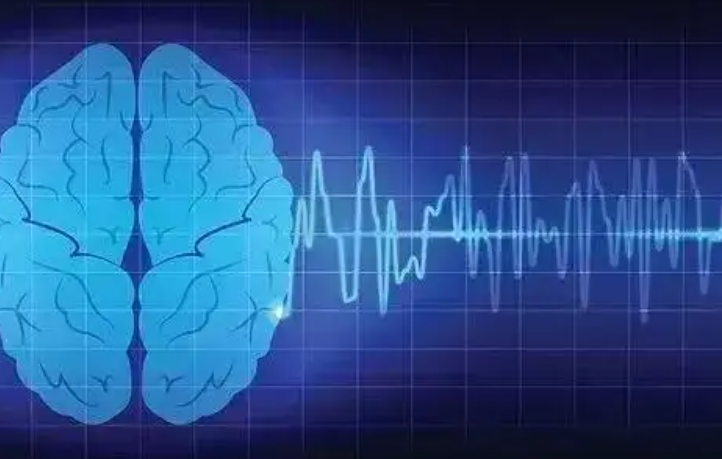
"Sleeping is like fighting a war. You wake up exhausted."
Who is quietly stealing our sleep?
Neglected sleep
People usually think that "snoring" also means "sleeping soundly".
Severe "snoring", medically known as "sleep apnea", can cause repeated intermittent oxygen deprivation during sleep, causing daytime sleepiness, poor concentration, memory loss and other problems, but also increases the risk of a variety of chronic diseases.
Epidemiological analysis shows that the prevalence of "sleep apnea" is increasing year by year, the latest data in 2016 shows that the prevalence of this disease in men is as high as 14%, an increase of 3.5 times in 20 years, and the prevalence of women has increased by 2.5 times to 5%, seriously endangering human health.
The mental 'killer' lurking around
The theme of World Sleep Day on March 21 is "Sleep Healthy, Avoid chronic diseases".
In addition to narcolepsy, insomnia, sleep rhythm disturbance, and obstructive sleep apnea syndrome are all sleep disorders.
What's more, sleep disorders are a prelude to a host of other chronic conditions: long-term insomnia can lead to cognitive decline, mental illness such as depression and anxiety, as well as a weakened immune system, high blood pressure, heart disease, and an increased risk of diabetes.
Through the case analysis of first-line diagnosis and treatment, electronic products are one of the "thieves" who steal their sleep.
Electronic devices disrupt people's sleep patterns.
Originally, we should let the various ideas in our head "empty" before going to bed, but watching TV shows and brushing the circle of friends make a lot of information fill the brain, and the brain has to operate and process, on the other hand, the light of electronic products also stimulates the human body, resulting in a large decrease in the pineal gland and melatonin, which affect sleep.
"Overall, urban people have worse sleep quality." Especially in cities where the pressure of work and life is relatively large, the sleep disorder of young people is more significant. Therefore, it is not unreasonable to ridicule that "insomnia" is a kind of urban disease. Stress under high pressure is another "thief" who steals sleep.
How to treat bad sleep?
"If you walk ten kilometers furiously, you will fall asleep when you are extremely tired." Some patients with sleep disorders have tried exercise, drinking milk, listening to music and other methods before seeing a doctor, but doctors say these have little effect on patients with more severe symptoms.
"Patients with sleep disorders should always follow their doctor's advice."
In fact, the drug used clinically does not reach a certain dose and time is not addictive, patients with sleep disorders need to regularly adjust the prescription to the hospital, while assisting sports, traditional Chinese acupuncture and other treatments, the clinical effect is very good.
For adolescents, if it is not organic disease, we generally do not advocate drug treatment. The hospital has a special sleep regulation program, referred to as CPTi, including sleep hygiene education, cognitive adjustment, relaxation training, behavioral skills and so on.
Experts remind that the disease, development, control and treatment of sleep disorders is often a long-term process, and people at risk of disease and their families should be encouraged to learn more about the relevant knowledge of sleep disorders and scientifically prevent and treat diseases.

